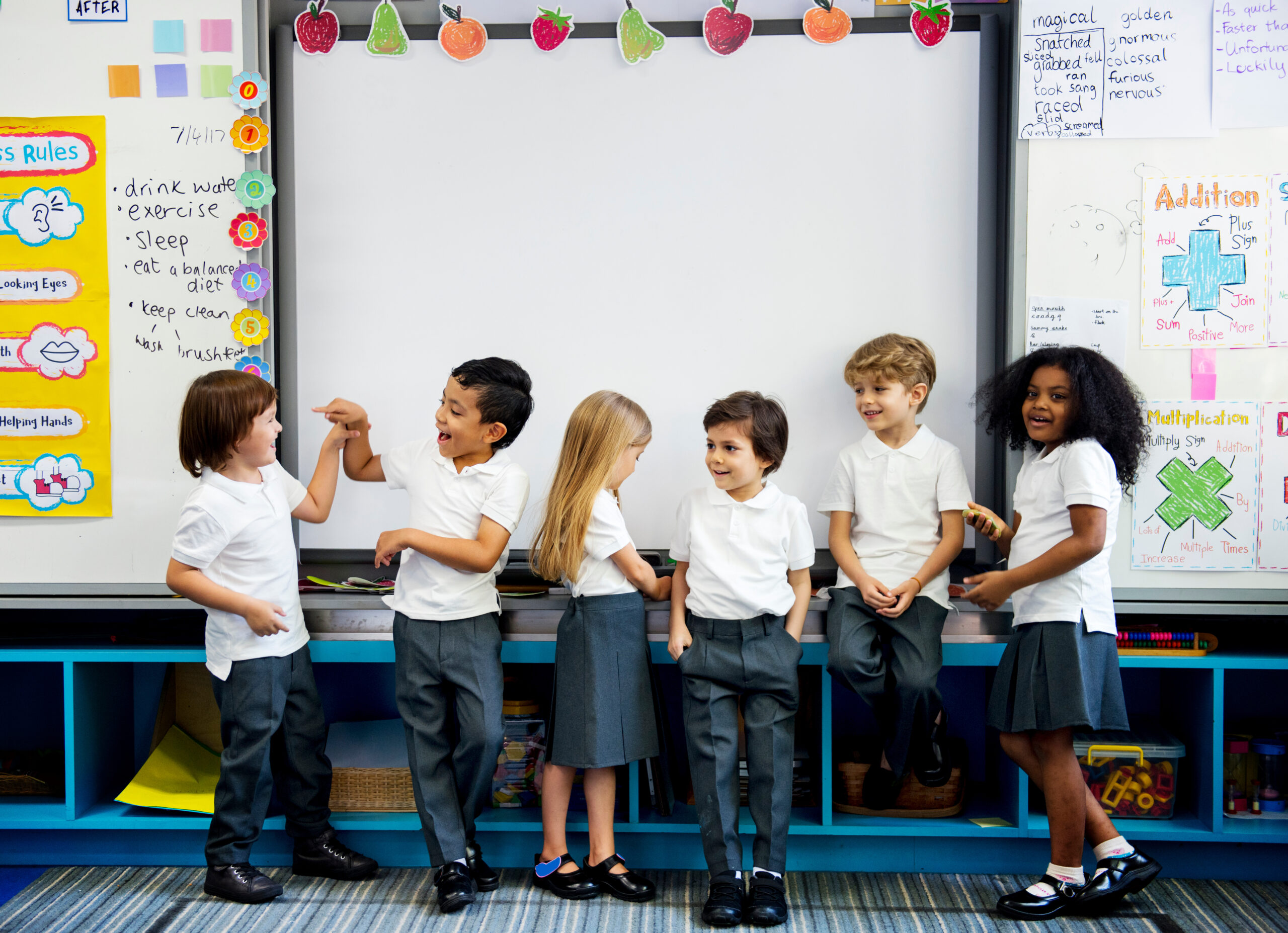
© Adobe Stock, Rawpixel.com
<p>After the Ministry of Education announced its support for the <em>Ending Streaming in Aotearoa </em>report, released by the Tokona Te Raki: Māori Futures Collective last year, the national conversation about grouping learners based on perceived ability has intensified.</p>
<p>Increasingly, teacher unions and educators are calling for an end to the widespread practice of academic streaming because of its detrimental impact on wellbeing and learning outcomes for Māori and Pasifika students.</p>
<h3><a href="https://www.schoolnews.co.nz/latest-print-issue/" target="_blank">Received your school&#8217;s copy of our Term 4 print issue yet? It&#8217;s out now!</a></h3>
<p>President of PPTA Te Wehengarua, Melanie Webber said following the recent <em>PPTA Te Wehengarua </em> conference that streaming had effectively been masking the inadequacies and under-staffing of the school system in Aotearoa New Zealand: “Lack of adequate staffing has led to large class sizes and streaming, or banding is used to make that situation more manageable. Māori and Pasifika students bear an inequitable burden of this ‘work around’ and this must not continue.</p>
<p>“Research shows that streaming creates and exacerbates inequity, and it helps perpetuate influences from the social class background, by segregating students from different social classes in different streams.”</p>
<p>Delegates at the conference, representing 20,000 secondary teachers around the motu, voiced intent to advocate for more resourcing to enable schools to move away from streaming by 2030: “By 2030 about 30 percent of our students will be Māori and 17 percent Pasifika. The best time to create a more equitable education system, and society, was yesterday.”</p>
<p>One interesting study, led by University College London researcher Jeremy Hodgen, found that the achievement gap between top and middle-bottom streams widened dramatically over a two-year period and widened more dramatically in English than mathematics.</p>
<p>OECD data shows that Aotearoa streams students into perceived ability groups at one of the highest rates in the world. In fact, around 90 percent of schools have a streaming system, according to Tokona te Raki. Likewise, Aotearoa has one of the largest achievement gaps between high and low achieving students.</p>
<p>Other studies have found that gaps between high and low ability groups also widen in terms of self-confidence and enjoyment of the learning area. Much of this seems to draw from students knowing which group they’ve been placed into, regardless of pithy group names, and so it becomes a self-fulfilling prophecy of sorts.</p>
<p>Streaming puts various social and educational limitations on students streamed into ability groups. For instance, in many schools, high ability groups are given different resources, learning activities, and ultimately have different schooling experiences than middle or low ability groups. All this builds a rhetoric of exclusion and segregation.</p>
<p>A plethora of studies now show that students with English as a second language, Māori and Pasifika students, Black and Asian students are more likely to be streamed into lower ability groups for some subjects and girls are more likely to be streamed into lower ability maths groups due to teachers underestimating their ability.</p>
<p>Likewise, Pākehā students’ ability level is more likely to be overestimated. Furthermore, once a student is placed in a low ability class, they are less likely to move up, so expectations of their ability to achieve and learn diminish over time.</p>
<p>Overturning the streaming system across Aotearoa will be a mammoth effort requiring a cultural shift as the practice has been so engrained for so long. However, a growing number of schools have already made the move.</p>
<p>For instance, Tokona Te Raki and the NZ Association of Mathematics Teachers studied four secondary school maths programs that made the switch the stop streaming, and they found that not only did learning outcomes improve but self-belief as well, particularly for Māori and Pasifika students achieving more NCEA merits and excellences. In addition, PPTA reported that students working cooperatively in heterogenous classes formed stronger bonds.</p>

EXCLUSIVE: Teachers used to be paid two to three times more than minimum wage workers,…
After an “overwhelming” vote to reject the latest Government offer, secondary school teachers will begin…
Second-language learning should be compulsory, says a new report from a forum bringing together academics,…
A new entitlement aimed to improve access to learning support coordinators for schools with students…
Educators have raised questions about the Ministry of Education’s new secondary school subjects, set to…
Professional learning and development (PLD) for teachers needs to be higher impact for teachers and…
This website uses cookies.